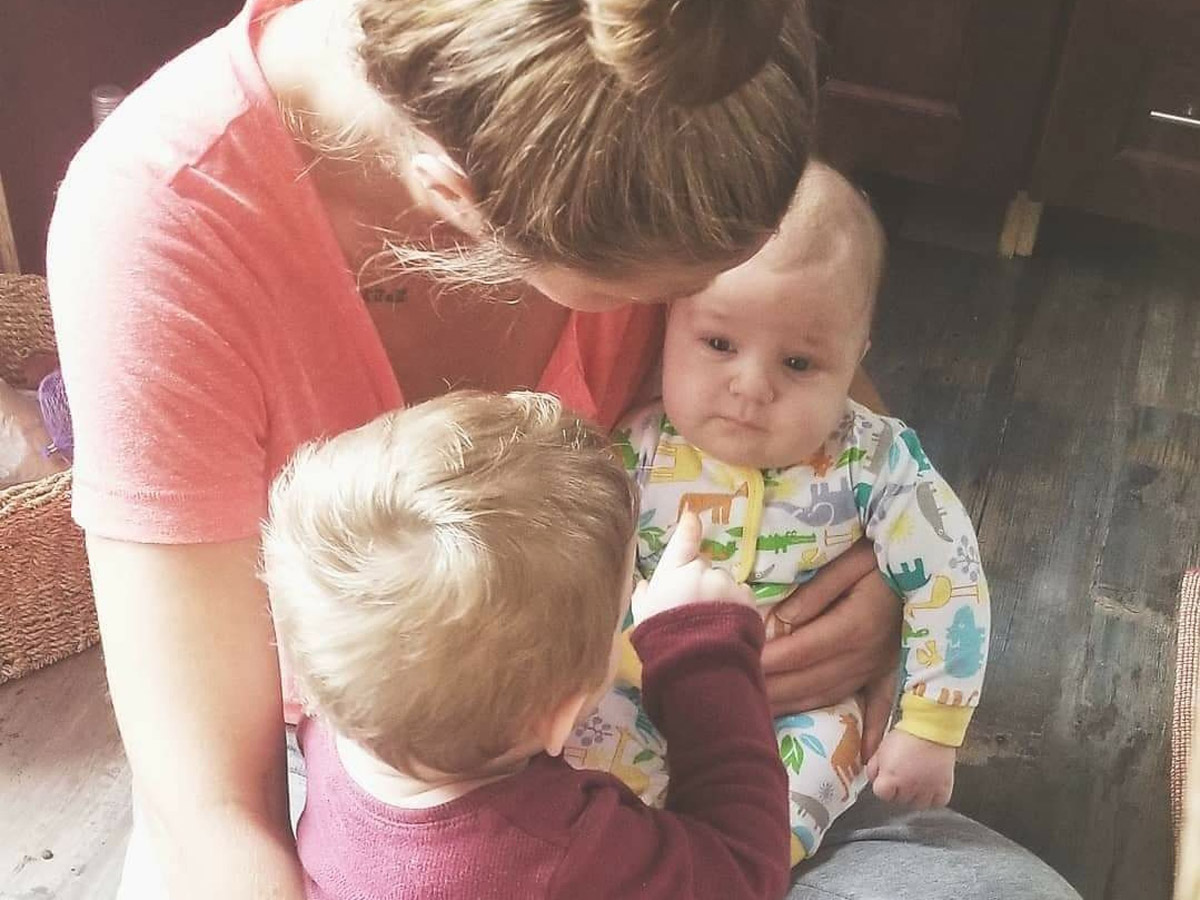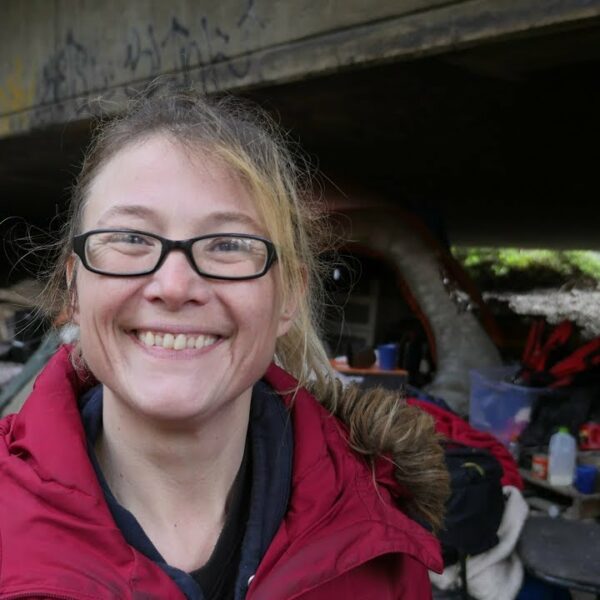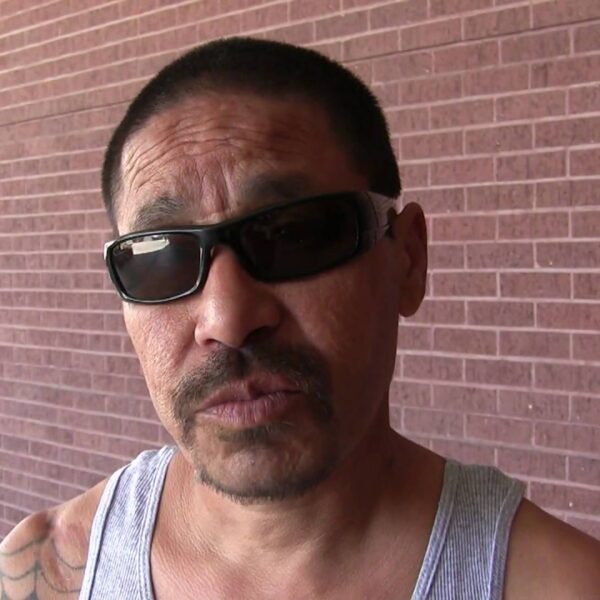Shannon Dejong is a fighter.
Currently making use of a temporary emergency shelter, struggling to find a more permanent house of residence for her and her children, Shannon isn’t used to backing down.
Her current precarious living situation is a reasonably new scenario. For over two years, Shannon lived in a rented home located in the quaint village of Mallorytown, Ontario. The south-eastern Ontario community is at the heart of the rural and urban divide. Bordering adjacent small communities outside of nearby city Brockville, Mallorytown is without public transportation or access to many community services.
The beautiful rural atmosphere is inviting for some. But much like many other small villages and townships, it can provide significant barriers for those in need of peer supports.
However, Shannon’s story is different from that of many others.
Her challenging predicament may have been avoided as her household situation was easily compromised. Legislative loopholes allowed the property owner to resume occupancy of the property without much protection for Shannon’s tenancy. Now, her immediate future remains uncertain.
Thrust into homelessness, as feelings of desperation loom, Shannon has not given up just yet.
“I have a unique situation,” Shannon explained. “My landlord was a relative of mine. The property that my family and I lived in was purchased with the intention of being our forever home. As time passed, my landlord came to see that it was very difficult for me to financially support myself and my family.”
Shannon delved deeper into a familiar financial arrangement that so many have found themselves in.
“I hardly had enough money for basic needs, and was barely able to afford to keep the roof over our heads. So, as far as that house was concerned, our landlord and tenant relationship was originally quite good. We maintained an understanding. At the beginning of the process, everyone was naturally excited. New hopes and dreams came to life.”
“But over the years,” continued Shannon, “as my uncle began to struggle in his life, he decided that he wished to sell the property. Since then, the relationship deteriorated quickly. We were forced to move. As the final months of our agreement approached, both parties were extremely stressed out due to our personal situations.”
When asked about her family’s reaction to the difficulties this displacement caused for Shannon and her children, Shannon explained how varied opinions brought with them their own stressors.
“My family reacted in many different ways,” she explained. “For instance, some family members are opening their eyes to the truth of the larger issues regarding obstacles that exist for single mothers in need of affordable housing. They are perplexed by the limited supply of available housing. Most people tend to live in bubbles, and some people’s eyes are only now being opened to these problems. Some express feeling very compassionately, wishing they could do more. Others continue to be prejudicial, which can be really difficult, especially when it all affects your mental health.”
Compromising mental health is almost always a hurdle for people who unexpectedly find themselves in such difficult predicaments. This is especially true when they have children to support.
“I have three children, two of which currently live with me. My eldest lives nearby with my two grandchildren, and they struggle as well. Living with me are my 19-year-old daughter, and my 13-year-old son. My daughter suffers from depression and severe social anxiety. My son has changed since this whole housing issue came to light, too. He is extremely self-conscious, and his self-esteem has taken a beating,” the worried mother said. “He’s afraid of how his friends will see him, being homeless, or living in a trailer or a shelter. Even ending up in a one-bedroom apartment with both of my children (while better than nothing) is still a defeating thought.”
As a caretaker for family members with some mental health setbacks, and someone who has had bad luck on the labor front, Shannon has had trouble securing full-time employment. Her situation is now taking a toll on the proud mother.
“We have all been greatly affected by this, and as a mother it affects me as well. It’s hard not to feel like a failure.”
Navigating this process in an already uncertain period, Shannon has exhausted her resources, seeking help and stability wherever she can find it.
“For the last number of months, I’ve contacted multiple prospective landlords, asking if they would consider lowering their rents so I could afford to live in an appropriate housing situation for my family. I’m a social assistance recipient, so I have been working closely with my case worker to investigate options. I’ve reached out to my federal and provincial representatives. I’ve contacted frontline mental health agencies, crisis lines and women’s shelters. I’ve reached out to and spoken directly with media outlets, and I’ve even reached out to the Premier’s office.”
Shannon feels exhausted and overwhelmed with the mounting frustrations.
“Every day, I look for somewhere to live. Somewhere that’s appropriate. Somewhere that feels like home,” she said. “It’s become an obsession.”
When recounting the sacrifices her family is making, as they continue on this journey, Shannon illustrates a familiar story for single mothers living in poverty and homelessness.
“The sacrifices our family has made include things like having to get rid of things we cherished,” she recalled remorsefully. “You can’t store everything, and we have no idea how long we will need to even store things.”
“We’ve lost a lot of material things, which we all have an emotional connection to. We’ve lost our time, our minds, relationships with our immediate family.”
“Some of them still say things like ‘Get a fucking job! Get fucking help for yourself! You’re sick! You aren’t mentally right, because you’re not living right.’”
In light of debilitating futility, Shannon has distracted herself through passionate advocacy efforts, and a resolute desire to change a flawed system for others like her.
“My advocacy has become a bit of a passion since the reality of being homeless became so real for my family,” she proclaimed.
“I’ve tried to create online platforms with almost zero knowledge whatsoever of how to properly be an advocate. I don’t necessarily have the self-confidence needed to really be an effective advocate,” she admitted. “But I am trying!”
Stressing the importance of a defined online presence in today’s society, Shannon has continually written her truths hoping those that read will empathize.
“I am now determined to share with anyone who will listen to how I see things. I have shared, and will continue to share. Right now, as I seek a permanent home, it is all about networking and spreading the message. And hopefully, helping people along the way.”
Despite her current situation, Shannon wants to spread the message of love and strength in togetherness.
“You are not alone. And I truly wish we could connect with one another, and try to improve how things are, because we can make a difference if we come together.”
For the record, we agree. Even if others she depended on no longer feel the same.













